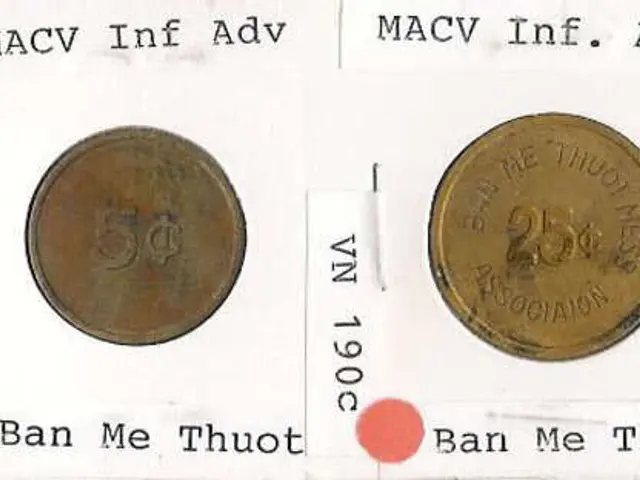Exploring the Historical Transformation of Lotteries within India's Borders
The history of lotteries in India can be traced back to 1967, when the Kerala State Lottery was established, marking the formal evolution of lottery as a government-regulated activity in the country. Since then, lotteries have become an important source of revenue for some states, supporting various social and welfare projects.
Evolution
Lotteries in India officially began with Kerala in 1967, and other states followed suit with their own government lotteries. While international lotteries are popular among some Indian participants, domestic lotteries like the Kerala Lottery remain highly successful and widely recognized in India.
Regulations
Unlike many countries, lotteries in India are regulated at the state level rather than by a central authority. This means that their legality and operation vary by state, with some states operating government lotteries while others have banned them. These state lotteries generate significant revenues for funding social and welfare programs, implying a regulated environment aimed at public benefit.
Historically, lotteries have faced controversies globally, including fraudulent practices and mass gambling concerns. These issues prompted many countries and regions to institute stricter regulations and even bans. In India, the Indian administration sanctioned the Lotteries (Regulation) Act in 1984, enabling states to conduct lotteries legally.
Impact on Society
Revenue from lotteries provides crucial financial support to governments for social welfare projects and public services in states like Kerala. However, the lottery has also led to societal debates as it involves gambling, which has long been regulated due to ethical and addiction concerns.
Large lottery wins have led to significant individual financial changes, including generational wealth creation and charitable contributions among winners in India. On the other hand, the lottery has been a cause for gambling addiction, leading to social issues that require attention.
In summary, the lottery in India has evolved from its Kerala origins into a state-regulated mechanism primarily aimed at raising public funds while balancing social concerns. This model contrasts with early historical lottery practices worldwide, which often suffered from lack of regulation and fraud. The Indian government has implemented rigorous laws to regulate the lottery and address its negative impacts on society. Today, almost all states in India organize lotteries, with the regulation aimed at ensuring a fair and ethical gaming environment.
Casinos and gambling trends have not traditionally been a part of India's lottery landscape, as the focus has primarily been on government-regulated activities like lotteries. However, with the increasing acceptance of gambling worldwide, there might be future trends that could see a potential expansion of casino-and-gambling-related activities in India.
As the Indian lottery sector matures and evolves, both domestically and internationally, it's essential for lotteries to continually address concerns around gambling addiction and maintain a regulated environment that prioritizes public welfare and ethical practices, including lotteries, lotteries, and gambling-trends.







